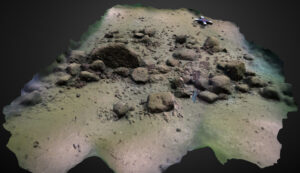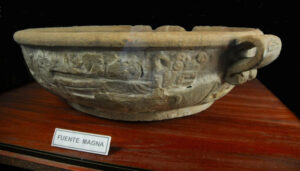The more time that passes the more discoveries are made around the world. These incredible discoveries help us to learn more about our past and create an increasingly clear picture of how our civilization has evolved over time.
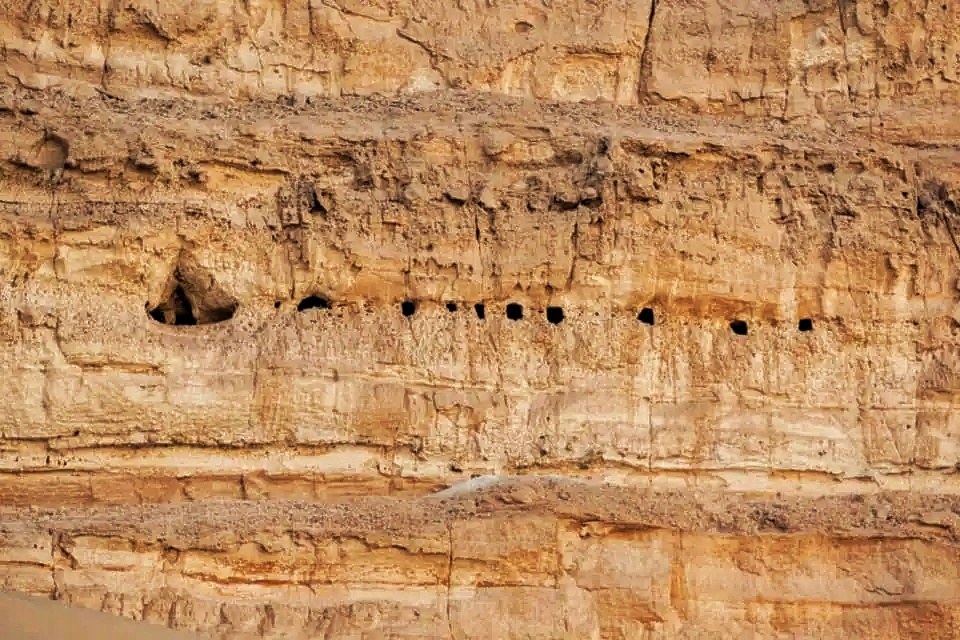
A team from the archaeological mission operating in the desert plateau region west of Abydos, Upper Egypt, found a group of openings scattered on the highest side of a cliff – which is undoubtedly quite incredible.
Dr. Mustafa Waziri, Secretary-General of the Supreme Council of Antiquities, said that these openings and entrances are in the area of the sacred valley south of the royal cemetery of Umm al-Qa’ab, and their antiquity dates back to the Ptolemaic era (323 – 30 BC).
After a super detailed study, it was found that these entrances lead to chambers carved into the rock, which are approximately four meters high, and most of them vary between 1 and 2 rooms – although there are some with 3 and another group consisting of up to five rooms connected by tight cracks cut into the walls.
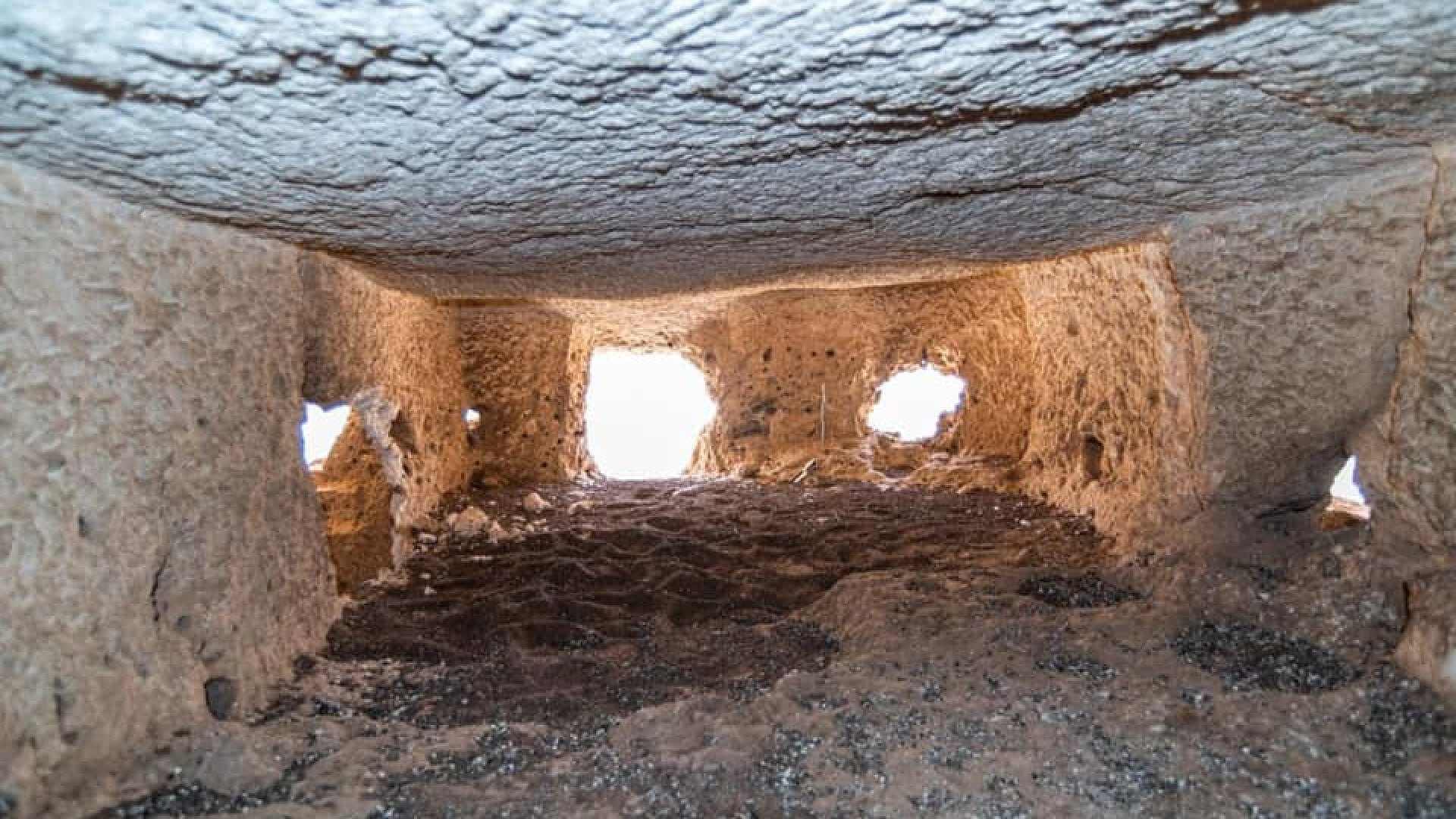
Mohamed Abdel-Badi, head of the Central Department of Antiquities of Upper Egypt and head of the mission, said that these surprising rooms have no decoration whatsoever and are located on deep vertical wells connected to natural water tunnels.
Likewise, the expert said that many of them contain fragments of ceramics, benches, terraces as well as a series of small holes in the walls.
The mission also found a room with inscriptions containing the following names: Khuusu-n-Hor, his mother Amenirdis and his grandmother Nes-Hor.
In turn, Dr. Matthew Adams, of the New York University Institute of Fine Arts and co-director of the North Abidos Mission, said that these chambers are probably not cemeteries, as there is no evidence that they were used for any burial.
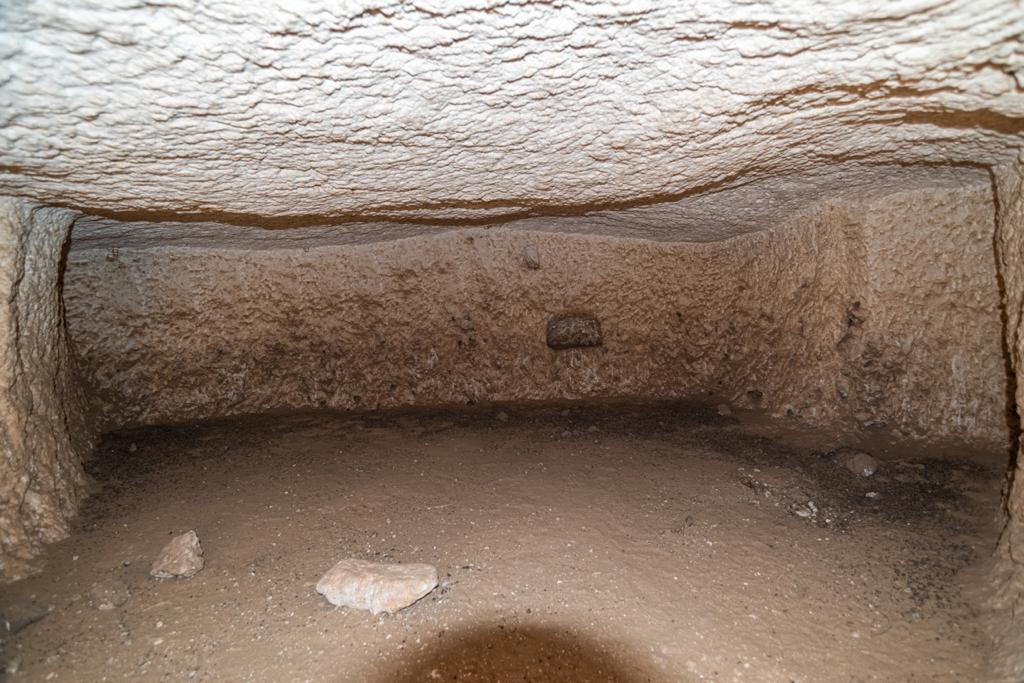
However, its presence in the sacred valley south of the royal cemetery of Umm al-Qaab (which in ancient Egyptian thought was the way to the other world) and its location on a high level and difficult to access from the cliff, may indicate that these constructions were of great religious importance.


